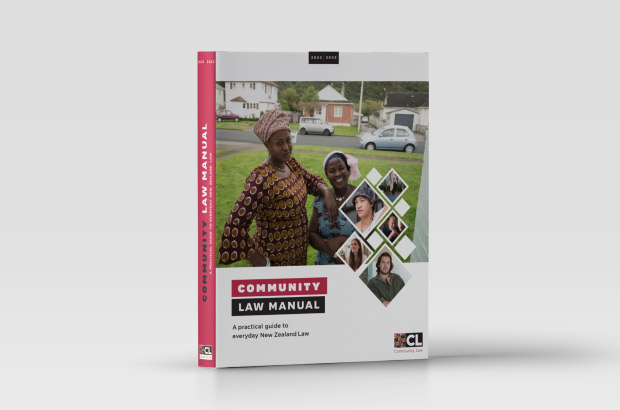When you’re not an “employee”: Differences between employees, contractors and volunteers
Independent contractors
What’s the difference between an employee and an independent contractor?
If your work relationship has all or most of these features, you’re probably an employee:
- you and the person you work for intended that you’d be an employee, as shown by any written agreement, contract, or letters or by how you and the other person behaved
- the person you work for (or their agent) controls the hours you work
- the person you work for (or their agent) has the power to hire and fire you
- the person you work for makes the profit or loss
- the person you work for deducts ACC premiums and PAYE tax on your behalf
- the person you work for supplies the materials you use for your work
- the person you work for owns or leases the equipment you use
- you’re required to work only for that person at the time, and it’s expected you won’t compete with them or offer to work for their competitors.
If you are an employee you will be covered by all the protections in the Employment Relations Act and other employment Acts.
On the other hand, if your work relationship has most or all of these features, you’re probably working as an independent contractor, and not an employee:
- you and the person you work for didn’t intend to form an employment relationship, and this is reflected in your contract or in the behaviour of the two sides
- you control how and when the job is done
- you’re paid in a lump sum at the end of a job, or in instalments as progress is made on the job
- you can choose who does the work, so that you can hire your own employees without getting approval from the person you’re working for
- you pay any tax, ACC and insurance directly
- you can make a profit or a loss directly
- you supply the equipment and materials
- you’re free to accept similar work from a number of sources at the same time.
What if it’s unclear whether someone is an employee or an independent contractor?
Employment Relations Act 2000, s 6
If it’s not clear, you can get in touch with the ERA, who can make a decision. For more on this process and the evidence they will consider, see: “The legal process for dealing with employment problems”).
Community organisations hiring independent contractors
Employment Relations Act 2000, ss 69N, 69O
In general, an independent (or “self-employed”) contractor is someone who’s in business on their own account. The legal term for the kind of contract an independent contractor works under is a “contract for services,” as opposed to an employee’s “contract of service.”
Independent contractors generally aren’t protected by the Employment Relations Act and other employment laws.
Legal responsibility for independent contractors
In general, organisations that hire independent contractors (including community organisations) aren’t legally responsible (“liable”) for the contractor’s wrongful behaviour or failures.
However, the organisation will be liable if the contractor had actual (or reasonably appeared to have) authority to act on the organisation’s behalf.
What obligations do organisations have to independent contractors?
In general, an organisation’s obligations towards you as an independent contractor will depend on the terms of your particular contract with them. Your contract should have information about your rights and responsibilities.
Independent contractors are usually not protected by the Employment Relations Act, but they do still have some minimum rights set out by law. For example, independent contractors are:
- covered by standard health and safety at work laws (see: “Employment conditions and protections”).
- able to use the “clean slate” policy, the same way employees can (see: “The clean slate scheme”).
- covered by standard privacy laws (see: “Privacy and information”).
- protected from discrimination (see: “Discrimination”)


